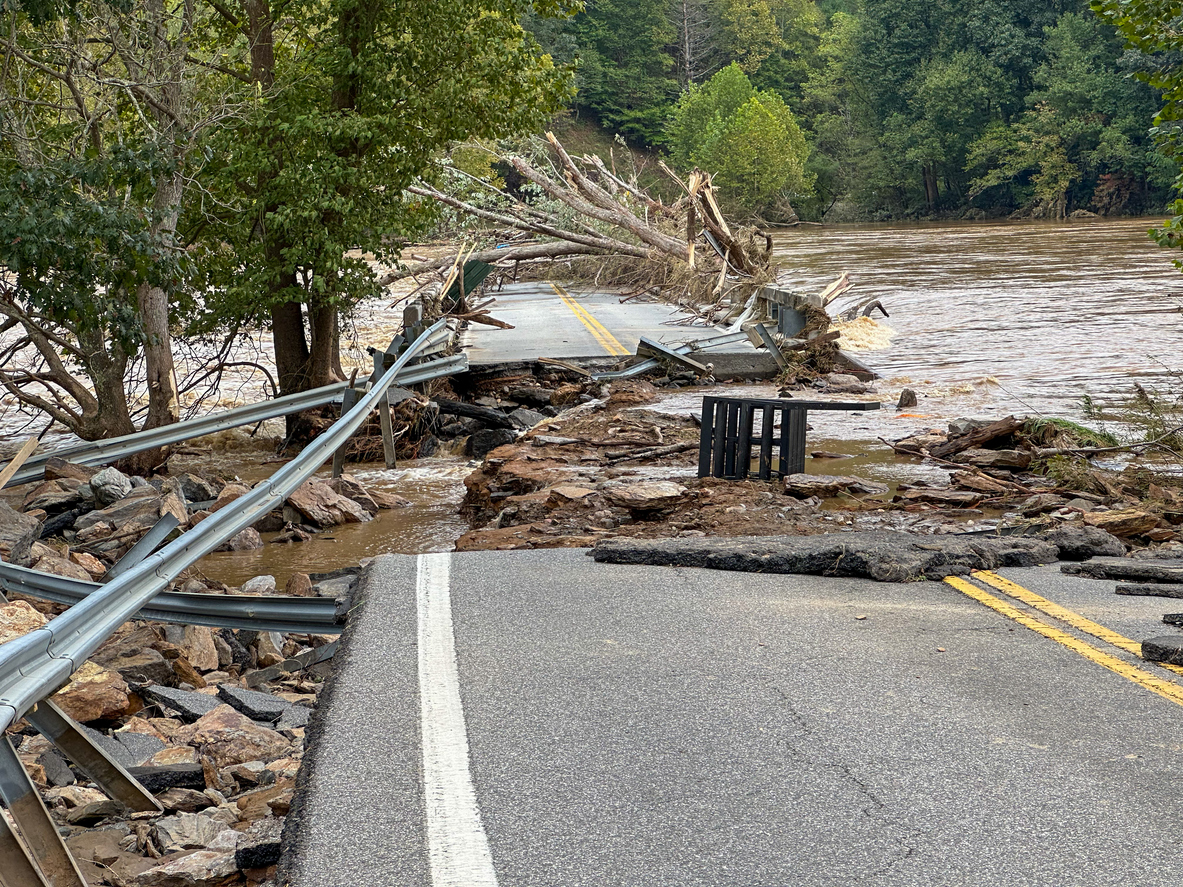Before attending PRIMA 2025, I couldn’t have told you what “risk management” really meant. I assumed it belonged in corporate boardrooms or insurance meetings, not something intertwined with my everyday decisions. I walked into the conference with curiosity. I walked out with clarity: risk management is not just a profession, it’s a mindset.
Hoan Do opened the conference with contagious energy and a session titled “Turn your Stress Into Success!” Sponsored by Travelers, this keynote redefined stress not as a burden, but as a compass. Hoan's simple tools, identifying daily stress triggers, changing your internal "playlist," and using pattern interruption—were more than motivational. They were tactical. Stress, he reminded us, is not the enemy; our reactions are. “The bigger the setback, the bigger the comeback,” he said, and somehow, it stuck.
His focus on applying self-care and reframing stress taught me that even our emotional regulation is a form of risk management. We’re constantly measuring threat, impact, and response—just without the spreadsheets.
The following morning, Lauren Sisler’s keynote “Shatterproof Leadership: Elevating Resilience and Purpose in the Workplace” delivered a powerful gut punch and a call to action. With transparency and compassion, she challenged us to embrace the shatterproof mindset: one that sees strength not in avoidance of adversity but in transformation through it.
Lauren’s message, again sponsored by Travelers, reinforced that leadership isn't about perfection, it’s about showing up with purpose. “We don’t define people by how they died, but how they lived,” she said, as she shared personal stories that brought vulnerability to the forefront. That moment made it clear: Risk management isn’t just about liability. It’s about people, their decisions, and the culture that shapes them.
Somewhere between the laughter during Hoan Do’s talk and the tears in Lauren Sisler’s, a realization settled in; I’ve been managing risk all along. Every time I create backup plans for my family, scan for emotional landmines in peer support sessions, or advocate for trauma-informed systems, I’m doing risk management. I just didn’t know it had a name.
The beauty of PRIMA wasn’t just in its data, demos, or devices. It was in the human-first approach that redefined what it means to lead safely, compassionately, and wisely. I now see that risk management is embedded in my advocacy, my recovery, and my resilience.
Two standout sessions deepened my understanding of risk management tools in action:
- Driving the Future: Telematics in Public Sector Fleets explored how GPS, speed tracking, and onboard diagnostics are improving fleet safety, accountability, and cost-effectiveness. Video data and performance metrics are now reshaping municipal policies.
- How AI and Data Analytics are Transforming Law Enforcement showed the power of predictive modeling in crime reduction and officer wellness. From computer-aided dispatch to early intervention systems, this session illustrated how data can drive both safety and equity.
Many students, myself included, were only able to attend because of generous sponsorship. Gallagher not only covered our conference registration but also treated us to dinner. Their support made this learning experience possible, and for that, I am deeply grateful.
Key Takeaways:
- Risk management is human-first. It’s not just policies and software—it’s how we adapt, support, and lead.
- Stress and leadership challenges are part of life. But with the right tools and mindset, they become opportunities.
- You don’t need a title to be a risk manager. If you’ve ever cared enough to plan, prevent, or protect—you’re already in the club.
Thank you, PRIMA 2025, for showing me that what I thought was chaos was actually strategy—just unnamed.

Sarah Branyan
Public Policy and Administration major, St. Petersburg College
Sarah Branyan is a passionate mental health advocate and peer support specialist at Bay Pines VA Healthcare System. Formerly the program director at NAMI Florida, she brings over a decade of lived experience in recovery to her work in peer support, education and community empowerment. Sarah is a state trainer for NAMI’s In Our Own Voice and Connections Support Group and leads multiple evidence-based programs, including WRAP and NAMI signature classes. A full-time student pursuing a B.S. in public policy and administration, Sarah is dedicated to transforming systems through advocacy, peer-led support and policy change. She is also a proud mother of five and is deeply committed to uplifting underserved communities through her work.



